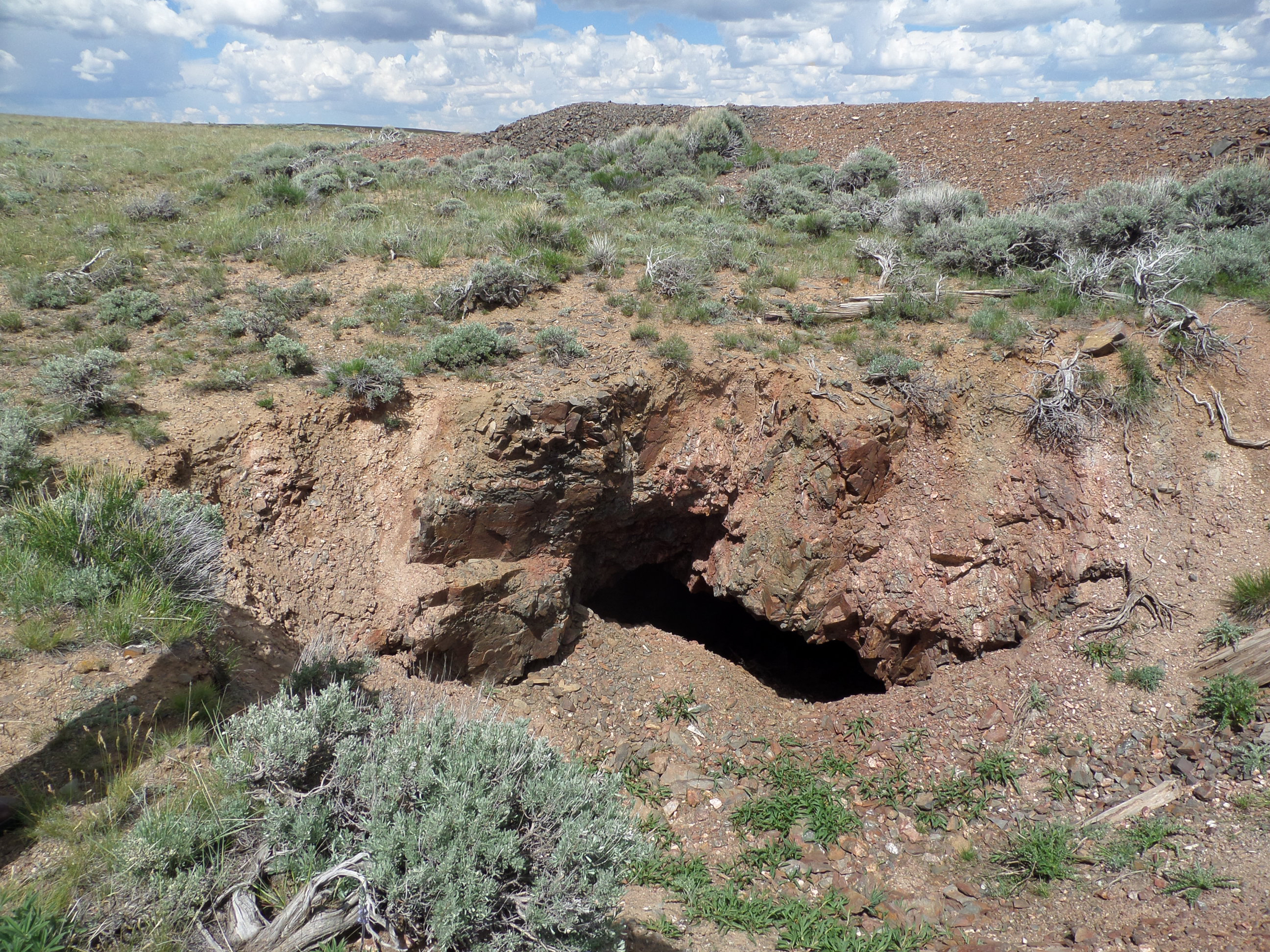The good news is, I have just signed the contract for a new true crime book with Prometheus Books of New York. It will be published in Spring 2019 and although I’m very excited to share this news with you now, I hope you’ll wait patiently until then!
The better news is, I’m returning to the familiar—if occasionally foreboding—landscape of Wyoming to tell a story of Shakespearean proportion. Characters in this complicated tragedy include the victims, dogged investigators; defense and prosecution lawyers; forensic experts; witnesses; the killers, gritty boomtown attitudes, and Wyoming’s ominous terrain itself. They’ll all be woven together in a vivid, gut-wrenching tapestry of marginal people doing their best to survive in marginal places, sometimes beyond the law. They’re places I know intimately.
This new book examines both a frustrating cold case and a ripped-from-the-headlines drama about how far someone might go for love. For the moment, I’d like to keep the actual case details under wraps, but here’s the scene-setter, torn directly from the first few pages of the manuscript:
So they came.
Wyoming was a place to land without baggage, where one could hide and never be found, a kingdom of dirt where giant hollows in the earth might swallow up a man (or woman) entirely, an ambiguous landscape of infertile dreams and pregnant hopes. The landscape was vast, desolate, and mysterious, festooned with hidey-holes that were forgotten or never known.
It was a spot on the edge of the Big Empty where your dog could bark forever or you could piss on the side of the road or shoot your gun at the moon or call yourself by another name. None of The World’s ordinary rules applied. Whatever your badlands fetish, you could practice it unmolested in this impossibly empty place.
So they came on their blind, bad roads. It was as if some great spirit had folded the continent at the middle and every loose thing tumbled into the crease.
Not just pioneers, trailblazers, and visionaries who eventually made wealth and history, but also non-conformists, misfits, outriders, renegades, romantics, lost souls, pilgrims, rebels, drifters, insurgents, eccentrics, roughnecks, malcontents, escapees, wallflowers, mavericks, loners, rejects, outlaws, dissenters, mutineers, outcasts, deviants, heretics, free spirits, Bohemians, oddballs, weirdos, freaks, desperadoes, black sheep, predators, odd ducks, underdogs, stragglers, round pegs, left-of-centers, delinquents and dropouts, slackers and runaways, and rule-benders whose shadow would always be bigger than their light.
They came for the money, yes, but also for the extraordinary freedoms afforded by a lonely place where the next closest human might be someplace past the horizon. And that was the good part.
Naturally, many resisted domestication. The outside world held no fascination for them; intimacies were often fleeting. They were anti-political, if not downright anti-social. But they weren’t protesters. They just didn’t want to be part of somebody else’s revolution. Many didn’t even want to be part of somebody else’s family. Maybe they only sought easy chaos or temporary equilibrium, or a place on the edge where they could be happily distant from normal.
Or maybe they just wanted to be left alone.
Few expected to settle down forever and fewer had the cash for a down payment, so they sought out cheap digs. Some rented mobile homes and travel trailers, or slept in their vans or tented in local parks. Eight or ten roughnecks might rent a cheap motel room, and who got the bed depended on which roommates were working a shift and which were getting drunk. Every eight hours, they just rotated.
People came and went here frequently, so it wouldn’t be particularly noteworthy when they didn’t show up one day. That was especially true in the boom times, when itinerants and drifters were common. Whole trailers vanished in the middle of the night, never seen again, and grand ambitions were unhorsed by an elusive, hundred-year wind.
A lot of tomorrows never came. They went south before spring, or froze to death. Some accepted their own defective dreams. They either didn’t find what they didn’t know they were looking for, or they found it and realized it wasn’t worth finding.
But some stayed. And come spring, they got a fresh start. Not redemption exactly, but another chance to get it right. The day the river ice broke up and the remnant snow melted, every heart started beating again, as if for the first time.
Even the empty ones.
